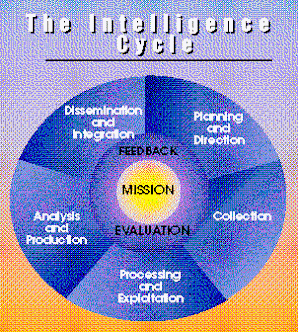New Nuclear Threat Tops Summit's Agenda
President Obama spent last week at home and in Prague concentrating on nuclear strategy, and nearly 50 world leaders will gather in Washington this week for a nuclear summit. The focus of these events shows that the global nuclear threat has shifted — from fears of an attack by a nuclear-armed superpower, to concerns about a nuclear-armed terrorist. In Prague on Thursday, Obama and Russian President Dmitry Medvedev signed an arms reduction treaty in an effort to resolve a problem that emerged in the last century. "The United States and Russia are prepared to once again take leadership in moving in the direction of reducing reliance on nuclear weapons," Obama said.
"I think it is much more difficult to deal with a nuclear terrorist than with a nuclear-armed state," says Frank Miller, who oversaw U.S. nuclear weapons policy at the Pentagon. The knowledge that everyone would lose in traditional nuclear war has historically prevented countries from firing on each other, Miller says. That calculus doesn't apply with suicide bombers. "At the very minimum, they're probably not living in their own country. They're living on somebody else's soil. And how are you going to attack that host country's soil with nuclear weapons? It doesn't compute."


0 comments:
Post a Comment